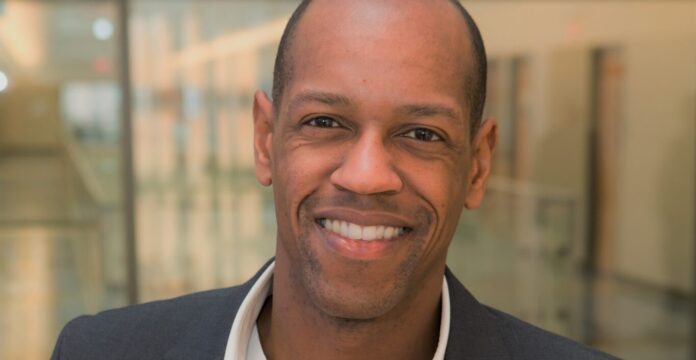This time, the Pitch and Publish Café By InnoLab scrutinised challenges and obstacles in academic publishing. Dean Adam Smale (School of Management), Director Heidi Kuusniemi (Digital Economy research platform) and Doctoral Student Hanna-Kaisa Pernaa (Administrative Sciences) joined the Chair of the event, Director Mari K Niemi (InnoLab), to discuss the topic.
What things should you consider along the way, from planning your piece to handling reviewers’ feedback?
Keep your focus narrow. It is certainly difficult not be ‘all over the place’ – but it is important to try.
Rathan Kumar has a background in Electrical and Electronics Engineering coupled with Economics. He works as a project researcher at the research platforms – VEBIC, InnoLab and Digital Economy (University of Vaasa).
One of the common reasons cited for rejection is the lack of clarity and focus. The abstract and introduction should convey the most important information: research problem, aims, and intended contributions.
Know the publishing landscape. In order to choose the most suitable journal to your article, do get to know the publishing landscape well. Read the journals you aim to publish in, and check their scope and editorial board, as this helps you to get an idea on whether your article might be what they are looking for. Your more experienced colleagues may have some good ideas in this sense as well.
The editor and their team look for the fit with the journal scope, and are interested whether your paper can join a debate that has been going on in the journal. If you have not cited any of the work published by that journal, the discussion you are contributing to is very likely elsewhere.
Quality and contribution. When finalizing the paper, the most crucial thing is making sure you have addressed your articles’ scientific rigour in a clear and comprehensive manner. Do this by stating your scientific contribution to the field. What new can your fellow academics learn from your work?
One part of meeting the quality criteria is using clear and correct language. Editing services can help you in this. It is also a good idea to ask your colleagues to read your work and give feedback.
Handling feedback. Whether it is feedback from your peers or an actual reviewer, handling criticism is not always easy. Read each of the reviewer’s comments and tackle them one by one. Also, note that the comments, no matter how disheartening, are to improve the paper and its chance of being published. Criticism is not personal – it is a part of the scientific process.
In case there are reviewers’ comments that are contradictory, send a letter of response in a polite manner to state the reason for working towards the other reviewer’s comment. If it is hard to decide, you can seek the assistance of the editor to get an idea of their preferences.
Peer support. Criticism, insecurity and being rejected are an unfortunate part of academic life. It is important to have someone to talk to about your work and express what you are going through. Most often, it is a another researcher who would understand the situation well as they have been through the same experience. The best way of getting support is giving it generously to others when needed.
Celebrate your success and share your work. Eventually, your hard work pays off. An article is published! Congratulate yourself and thank those who helped you on the way. Enjoy a cake or a bubbly drink, choice is yours. To ensure your work will be found and read, do not hesitate to share the good news on platforms where colleagues, journalists, other experts on the topic that might be interested gather.



